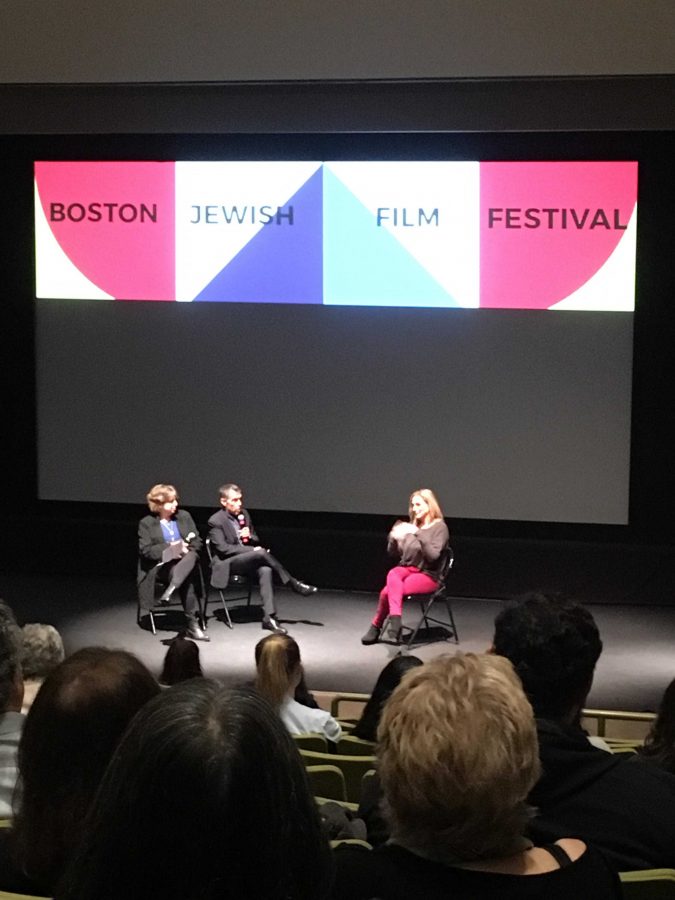By Kaydee Donohoo
Staff Writer
Last week, the Federal Communications Commission (FCC) came out with plans to undo Obama-era protections of net neutrality. According to the Boston Globe, the plans are expected to be approved in an FCC vote on Dec. 14.
The principle of net neutrality requires that all internet providers give equal access to the Web to their users. High-speed internet service is currently treated like a utility for the public to use without restrictions, much like tap water or electricity. Equal access to the internet is the only way that we’ve known it so far in its relatively recent, though extremely powerful, existence.
Large companies such as Comcast and AT&T, that have near monopolies on telecommunications, could drastically change how the internet is run if net neutrality is dissolved. One potential change is to bundle packages of websites, and require extra fees for access to different levels of bundles, in a similar fashion to cable television.
There would likely be a fast and slow lane for internet speeds, with high-speed internet being priced at a higher rate, creating an accessibility gap according to who can afford which lane. There could also be the potential of waiving fees for users to give up more of their online privacy.
Another major concern of a changing internet is for the small businesses who need a fast and accessible website in order to run smoothly and efficiently. Their smaller scale means that they would have fewer resources to invest in a more competitive market.
Small companies would also be less likely to be included in the basic bundle packages of websites that would potentially be offered by telecommunications companies. Even larger sites that rely on small businesses, such as Etsy, might suffer as a result of this.
In a press release, FCC chairman Ajit Pai stated, “I look forward to returning to the light-touch market-based framework that unleashed the digital revolution and benefited consumers here and around the world.”
In his statement, Pai discussed his preference for the regulations established under President Clinton and a Republican Congress. Using Clinton’s name is speculated to draw bi-partisan support, according to the Washington Post. It was likely an attempt to deflect criticism by showing a Trump administration view is similar to that of Democratic administration.
Former President Clinton has not made a public statement on net neutrality, though Hillary Clinton has tweeted about favoring net neutrality. A Democratic FCC commissioner tweeted, “Time to call foul,” along with an article about the FCC’s plan, and Hillary retweeted her by adding, “This is important; costs will go up, powerful companies will get powerful. We can’t let this slip through the cracks.”
Readers of the Voice in favor of net neutrality are encouraged to call their representatives before the Dec. 14 vote.




















